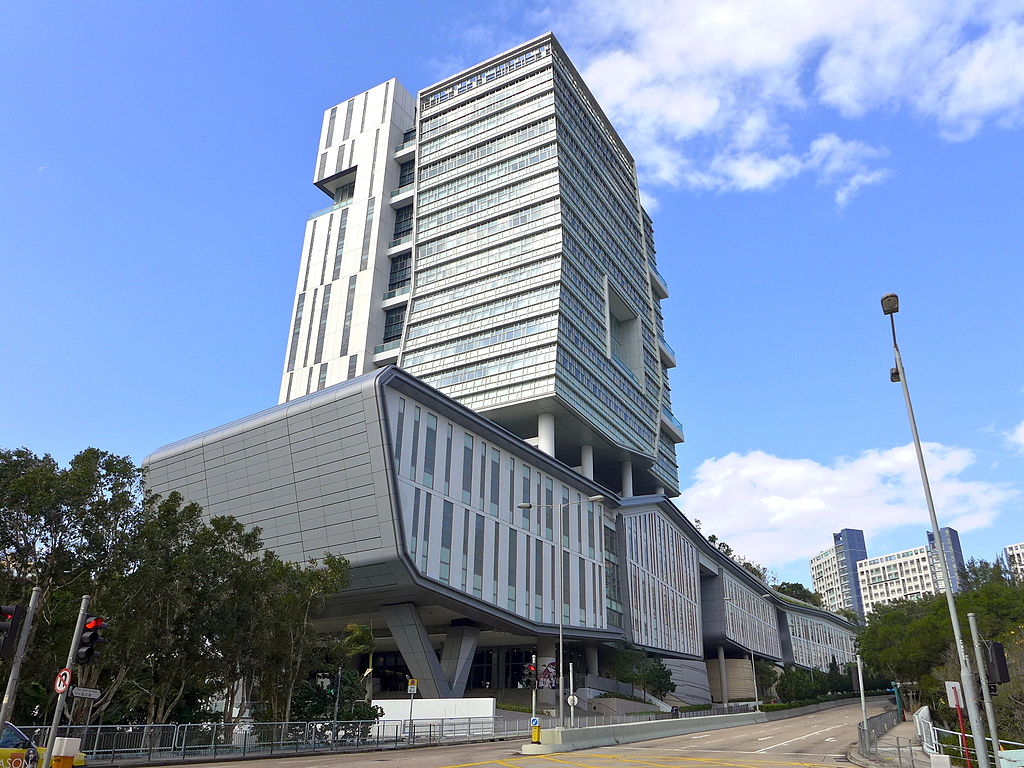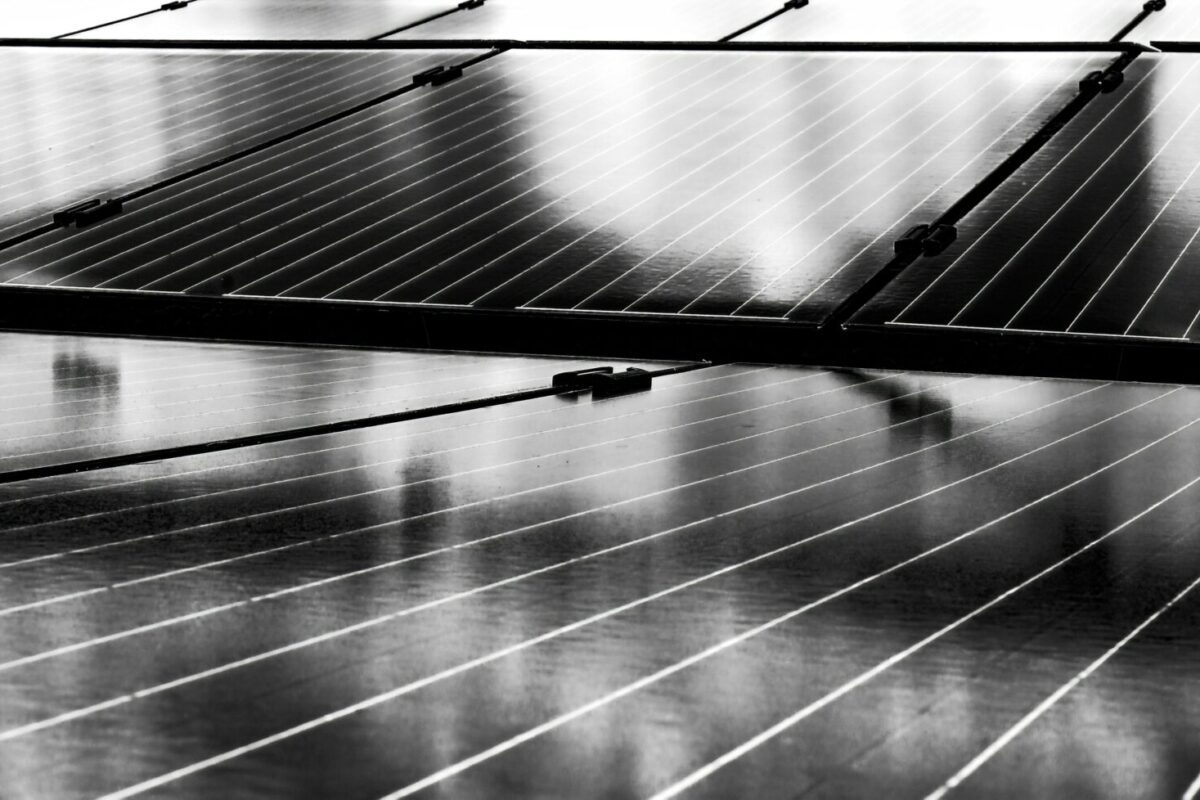Researchers at the City University of Hong Kong claim to have developed a more stable and efficient all-inorganic perovskite solar cell with a certified efficiency of 15.6%. The device, which its developers claim hit an uncertified 16.1%, is the most efficient inverted all-inorganic perovskite cell developed to date, according to the scientists.
Compared to organic-inorganic perovskite cells, all-inorganic devices offer higher thermal stability but lower conversion efficiency, of around 13.2-13.7%. The new cell, its developers said, was created with a simple molecular passivation strategy, involving a ‘Lewis base’ small molecule passivating the inorganic perovskite film.
Improved efficiency
A Lewis base is an electron-pair donor which can offer a pair of non-bonding electrons and the version chosen – 6TIC-4F – triggered nucleation of the perovskite precursor, leading to the formation of larger grains and a denser film, the Hong Kong team said. That enabled better energy alignment across the perovskite and the extract-transform-load interface, while ensuring improved electron extraction efficiency.
X-ray diffraction analyzed behavior of the perovskite crystal structure of the films with and without the 6TIC-4F treatment. “Compared to the control film, the film with 6TIC-4F passivation had higher peak intensity, indicating 6TIC-4F could improve the film crystallinity without inducing structural changes,” the researchers said.
Paper
The findings of the study are outlined in Highly efficient all-inorganic perovskite solar cells with suppressed non-radiative recombination by a Lewis base, published in Nature.
Similar research into all-inorganic perovskite structures has recently been announced by Germany’s Helmholtz Zentrum Berlin and Rice University, in Texas.
While all-organic perovskites have lagged organic-inorganic alternatives, the technology has shown plenty of potential – particularly in terms of overcoming stability issues – and remains an area of interest for researchers.
This content is protected by copyright and may not be reused. If you want to cooperate with us and would like to reuse some of our content, please contact: editors@pv-magazine.com.




Nice